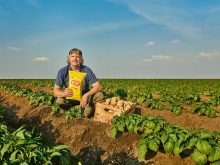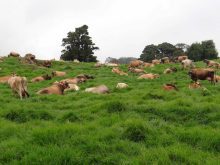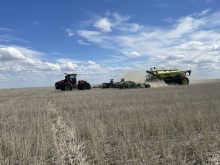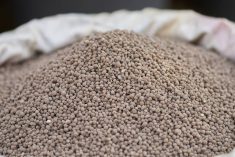Terry Boehm says his four years as National Farmers Union (NFU) president were “tumultuous.”
The grain farmer from Colonsay, Sask. stepped down at the NFU’s 44th annual meeting in Ottawa last month. Jan Slomp, a Rimbey, Alta., dairy farmer, was acclaimed the NFU’s new president.
Boehm said one of the biggest blows came when the federal government ended the Canadian Wheat Board monopoly — the last vestige of the century-old co-operative grain movement.
While fighting to save the board, Boehm was grappling with internal matters, including staff changes and an Ontario government tribunal decision to not allow the NFU to register as an accredited farm organization eligible to receive checkoff funds. That cost the NFU thousands of dollars in lost membership revenue and legal bills.
Read Also
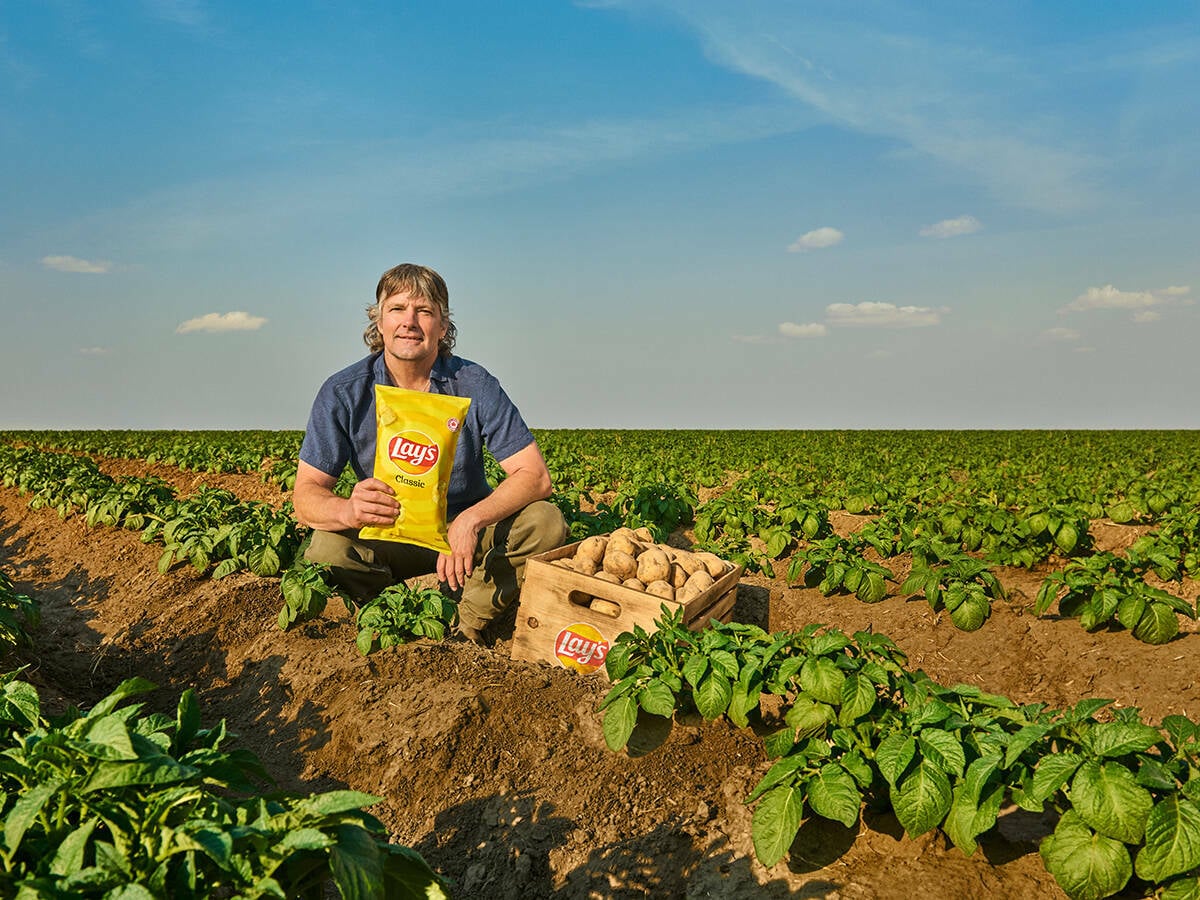
Alberta farmer invited to World Economic Forum
Southern Albertan farmer’s regenerative agricultural practices featured on panels at Davos where nations come together in partnership.
In October the Ontario Superior Court of Justice overturned the tribunal’s decision.
“We came out of that strong and united,” Boehm said in an interview.
“After a judicial review the tribunal was admonished very hard by the judge and ordered to accredit us. All the objections raised… were all false so I feel quite vindicated. But that consumed a lot of time and effort.”
Despite the setbacks the NFU, created as a pan-Canadian farm organization by an act of Parliament in 1969, survived and remains true to its members’ goals, Boehm said.
“We are steadfast in our democratic structure and in our analysis,” he said. “We have never wavered or been co-opted in anything whether it’s intellectual property rights or trade agreements.
“It’s the product of an organization that has always understood who it represents and that’s farmers.”
Stands alone
The NFU stands alone among Canada’s farm groups in opposing the Canada-European Trade Agreement known as CETA (Comprehensive Economic Trade Agreement). According to Boehm it’s because, unlike other organizations, the NFU has closely analyzed leaked drafts of the proposed accord and concluded the deal will undermine Canadian sovereignty. Among other things, it will prevent favourable treatment for local food production over imports.
The deal contains “draconian” intellectual property rules, which will penalize suspected violators before they are proved guilty, according to Boehm.
“Any alleged infringer before the merits of the case is heard shall be subjected to the precautionary seizure of their movable and immovable assets (and) the freezing of bank accounts… “ he said.
The same applies to any third party alleged to have assisted in the infringement.
“A farmer accused of having a patented gene in his crop could be prohibited from seeding or harvesting,” Boehm said. “A seed cleaner could see his assets seized if he’s part of one of these so-called alleged infringements.”
CETA is a complex agreement, which will have a negative impact on all of Canada, not just farmers, according to Boehm.
“To my great disappointment no other farm organizations have read the leaked drafts, they haven’t looked at the agreement… they’ve not done the analysis and they jumped on the cheerleading bandwagon without any idea that this agreement will destroy the sovereignty of our country and our ability to manage our economy in our own interests.”
There are lots of battles ahead for the NFU including preserving Canada’s crop variety registration system and the cap on the total amount the railways can earn shipping western Canadian grain.
Opposes UPOV ’91
The NFU will also try to block the federal government from ratifying UPOV ’91, an international treaty that gives plant breeders more powers to collect revenues from the seeds farmers buy. While proponents say it will encourage more private plant breeding, the NFU argues UPOV ’91 will enrich multinational seed companies at farmers’ expense.
While the United States and many other countries have signed UPOV ’91, others including Brazil, Argentina, Italy and Belgium have not. About two-thirds of the world’s nations haven’t signed any of the previous UPOV agreemenst, Boehm said.
Boehm, who served as NFU vice-president for six years before becoming president, will continue to follow trade, seed and intellectual property issues closely for the NFU, he said.
The NFU couldn’t save the wheat board and it’s unlikely it will stop Canada and the EU trade deal, but that doesn’t mean the NFU shouldn’t try, Boehm said. Even slowing down such changes benefits farmers, he said.
“The farm movement built organizations to rebalance the power in the farm economy,” he said. “They include the Canadian Grain Commission, the wheat pools, the Canadian Wheat Board, the variety registration system, the Canada Grain Act, the Crow rate. All these things have been attacked or dismantled, but nevertheless we always did, I think, a good job of arguing our case for retaining these things or improving them.
“We can rebuild and maybe even rebuild a better structure.”
Jan Slomp of Rimbey, Alberta was elected president of the National Farmers Union (NFU) by acclamation, at its 44th annual convention in Ottawa, November 27 to 30.
Ann Slater of St. Marys, Ont., was acclaimed as first vice-president (Policy).
Coral Sproule of Perth, Ont., was acclaimed as second vice-president (Operations).
Joan Brady of Dashwood, Ont., was acclaimed as NFU women’s president.
Marcella Pedersen of Cut Knife, Sask., was elected as NFU women’s vice-president.
Alex Fletcher of Victoria, B.C. was acclaimed as NFU youth president.
Lisa Lundgard of Grimshaw, B.C. was elected NFU youth vice-president.


